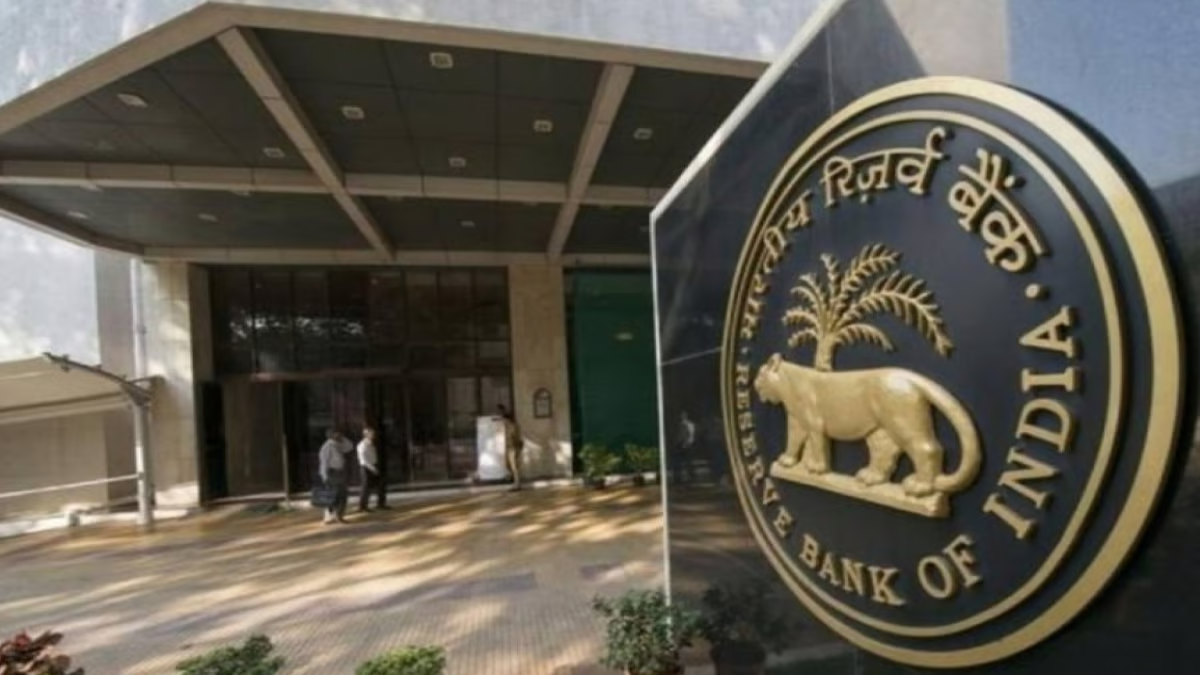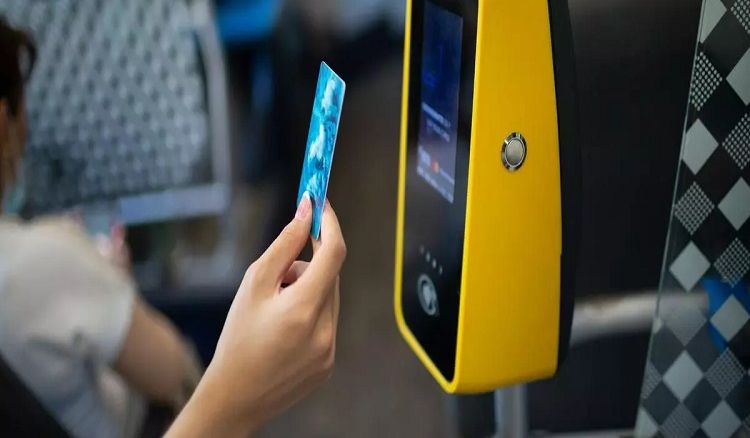In a significant move aimed at enhancing commuters' convenience, the Reserve Bank of India (RBI) has announced the introduction of prepaid payment instruments for public transportation across the country. This initiative allows commuters to pay for bus and train fares using cards, mobile wallets, or digital payment platforms, making daily travel safer and more hassle-free.
The Reserve Bank of India (RBI) has unveiled a pioneering initiative to revolutionise public transportation payments nationwide. Recognising the importance of facilitating seamless journeys for commuters, the RBI has authorised banks and non-banking entities to issue prepaid payment instruments (PPIs) for use in various public transport systems.
This initiative marks a significant milestone in the country's efforts towards digitising payments and promoting cashless transactions. Commuters can now bid farewell to the inconvenience of carrying cash for bus and train fares as they embrace the simplicity and security of digital payments.

The RBI's directive, issued last Friday, underscores the growing reliance on digital payment solutions in everyday life. With daily commuters forming a substantial portion of public transport users nationwide, the swift adoption of secure and user-friendly digital payment methods is imperative.
Furthermore, the RBI has revised Section 10.2 of the MDPI-PI Guidelines to accommodate this update, reflecting the regulator's commitment to fostering innovation in the payments ecosystem.
But what exactly are prepaid payment instruments, and how do they work? Simply put, these instruments encompass a range of payment methods, including smart cards, wallets, online accounts, paper vouchers, and stripe cards. Much like loading funds onto a metro card for seamless travel, commuters can now utilise various payment wallets such as PhonePe, Google Pay, or Amazon Pay for their public transport fares.
This initiative aligns with the global trend towards digitalization and reflects India's determination to leverage technology for the benefit of its citizens. By embracing prepaid payment instruments for public transport, the RBI aims to streamline commuting experiences, promote financial inclusion, and propel the nation towards a cashless future.
In conclusion, the introduction of prepaid payment instruments for public transportation heralds a new era of convenience and efficiency for commuters across India. As the country continues its journey towards digital transformation, initiatives like these reaffirm India's position as a trailblazer in the realm of fintech innovation.
 বাংলায় পড়ুন
বাংলায় পড়ুন














